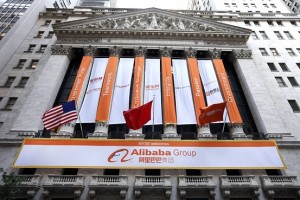Oftentimes, social responsibility and profit maximization can blend seamlessly into one procedure in the business world through the concept of shared value. This concept is demonstrated by US drug-maker Johnson and Johnson, who has invested 200 million US in Ebola vaccine testing in hopes of defeating the virus that has terrorized and claimed the lives of many. Although safety testing on the vaccine is expected to commence in January of 2015, J&J stock has already rose 1.4 per cent to $101.75 since the announcement. Predictably, the stock of J&J will continue to increase as a result during of their commitment to Ebola research.
In my opinion, J&J demonstrates the perfect example of shared value by taking advantage of a social need, in this case a cure to Ebola, to fulfill both its ethical duty and business development. In terms of business development, the global demand of Ebola vaccine will improve their brand recognition and reputation internationally. A more profitable future can already be detected through the increase of J&J’s stocks even before implementation of research. Although after IPO of the stock, the prices of stock does not directly affect the company, increasing stock prices indicate a healthy business with a stable executive team that can easily secure credit, attract further investors, and build partnerships. I believe that if J&J strategically markets the vaccines and takes advantage of its demand, it could make additional profits that compensate for the initial investment. For this reason, I think that Johnson and Johnson successfully captured the essence of shared value, which allowed them to improve the state of the world and simultaneously increase the competitiveness of their business.


